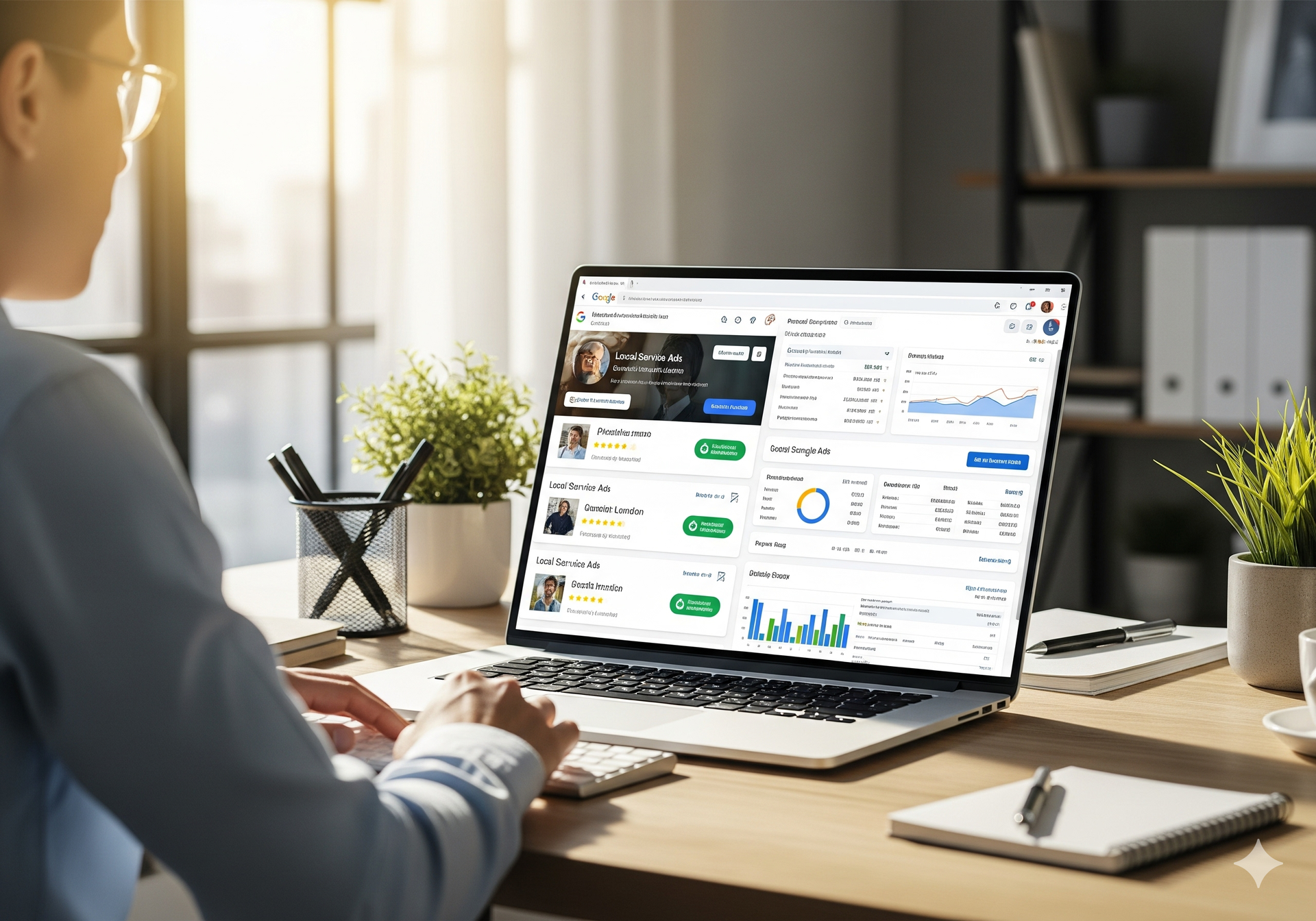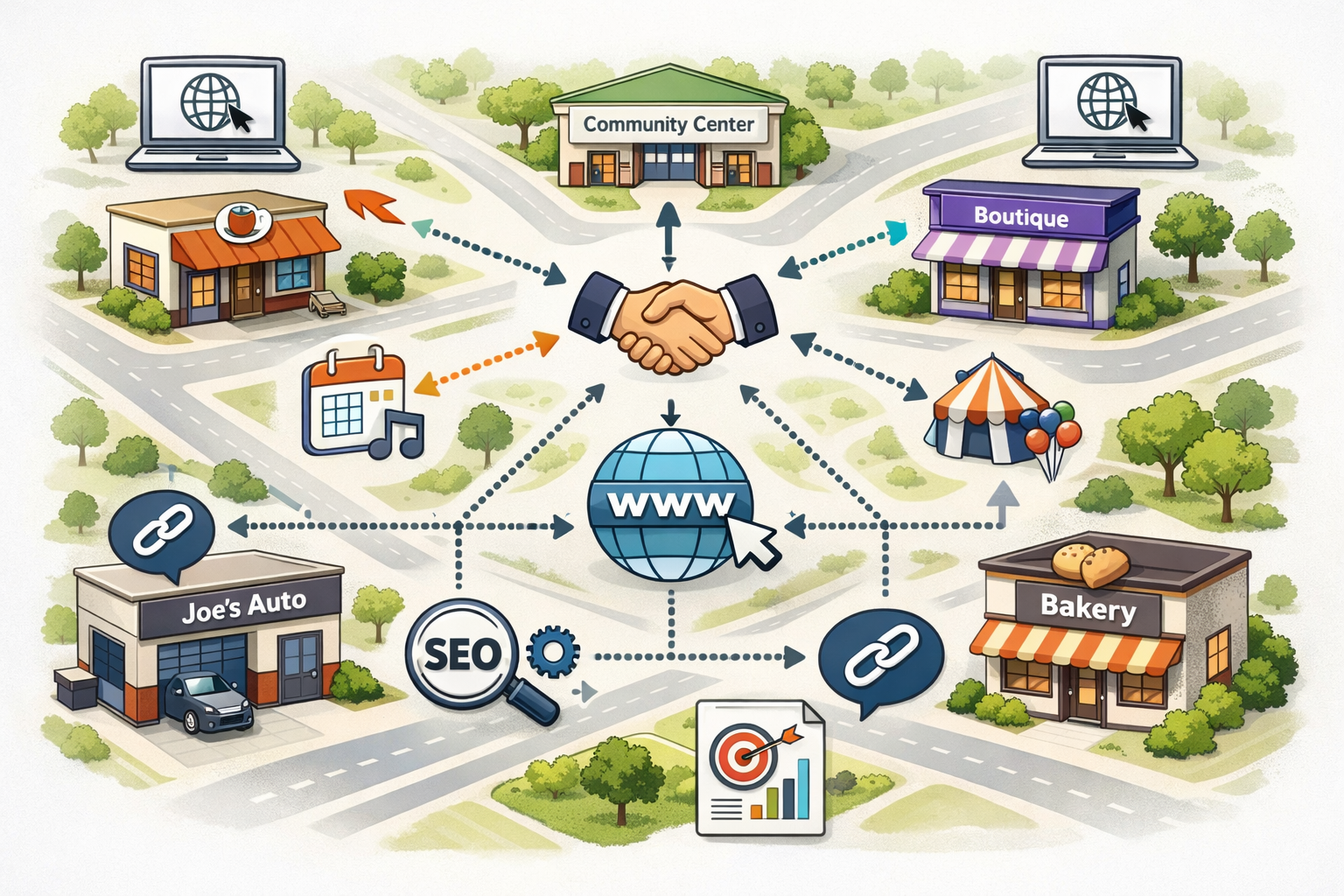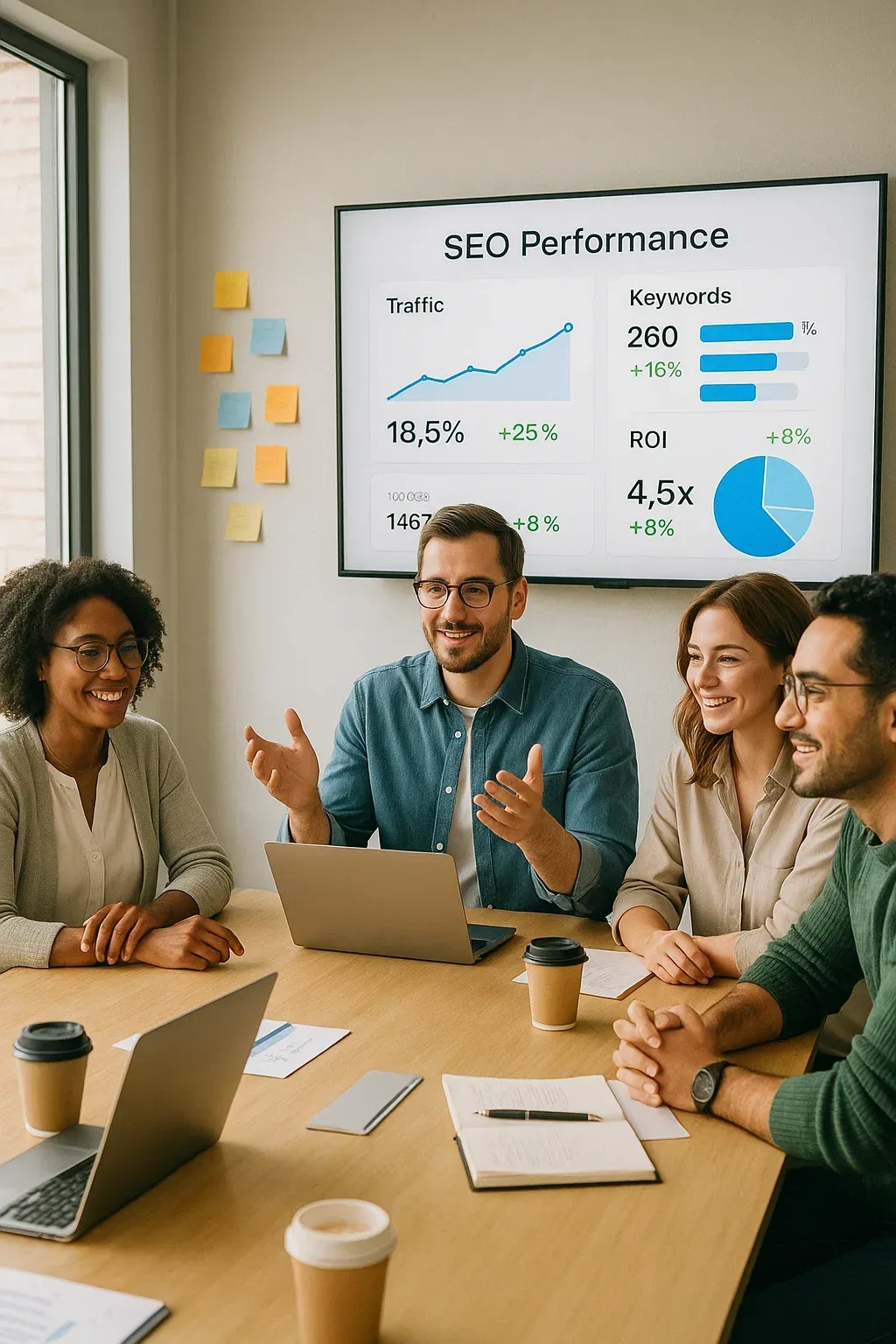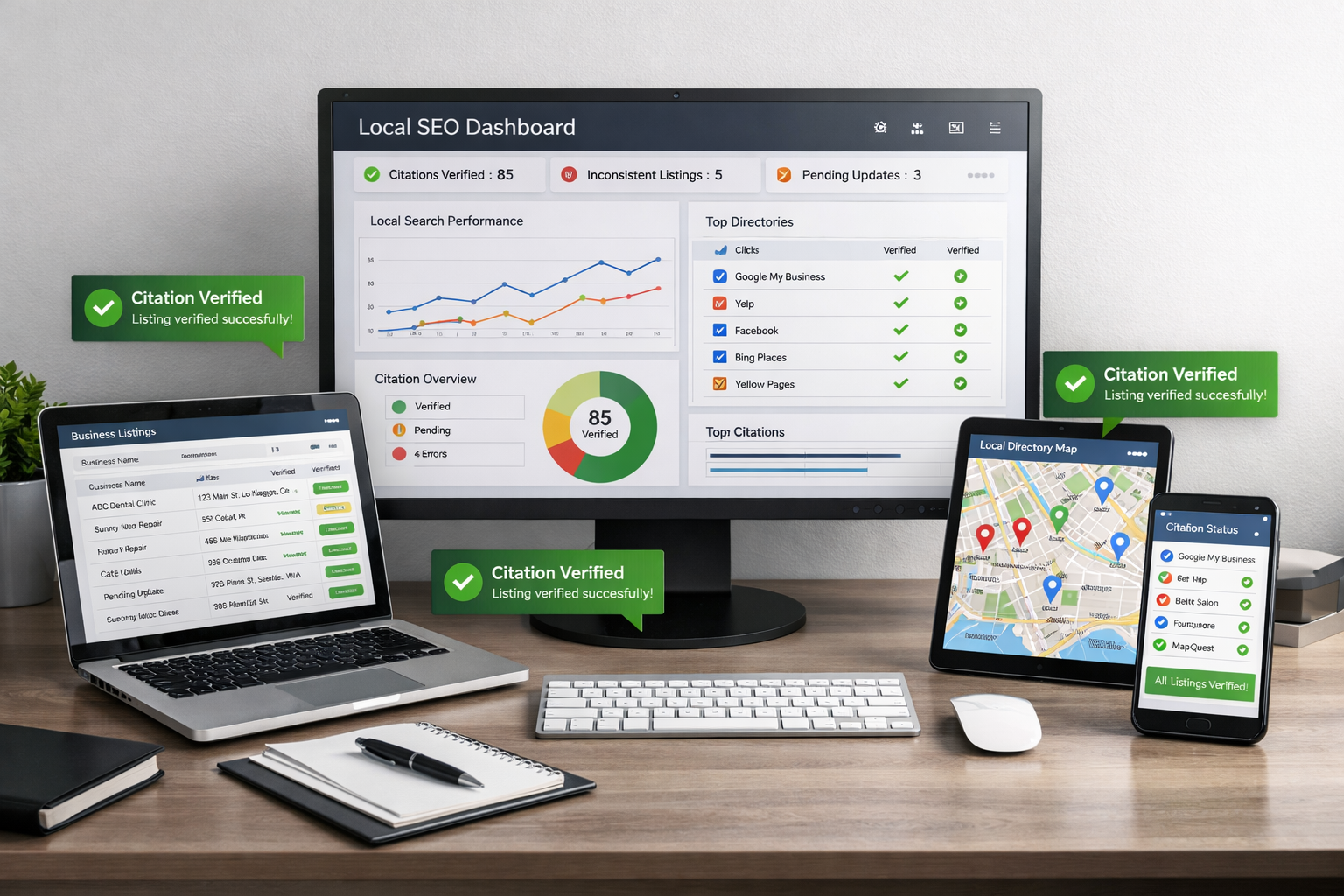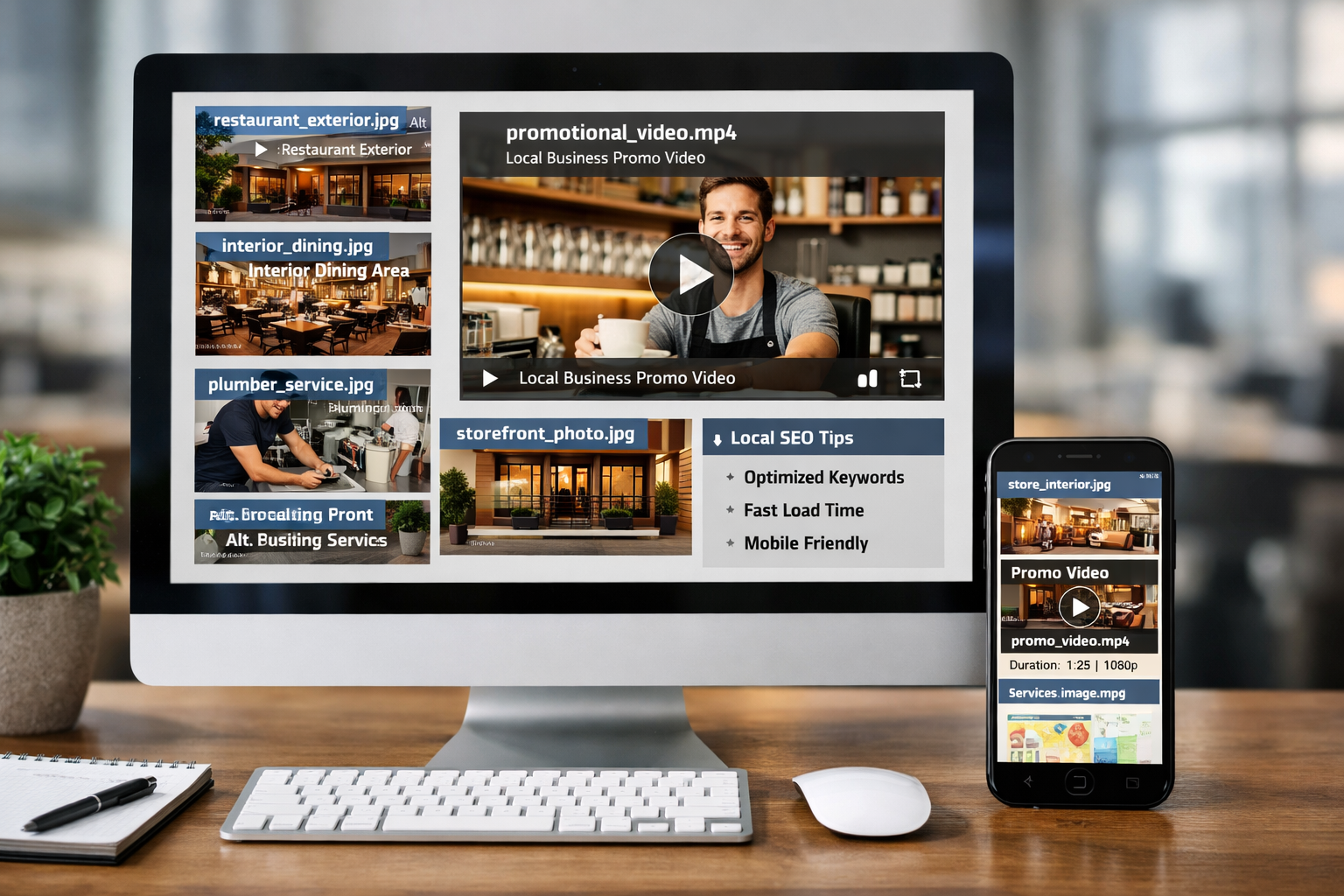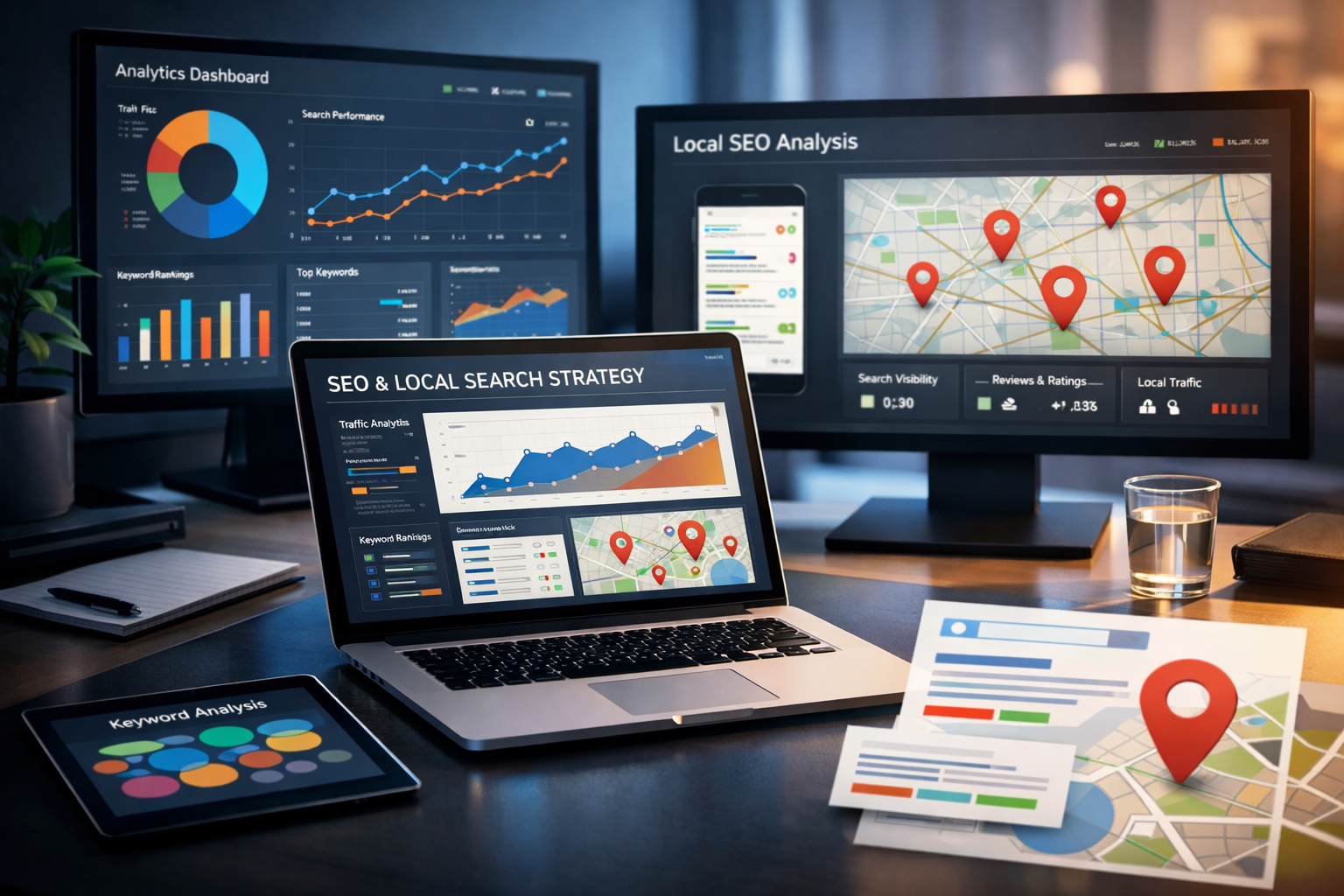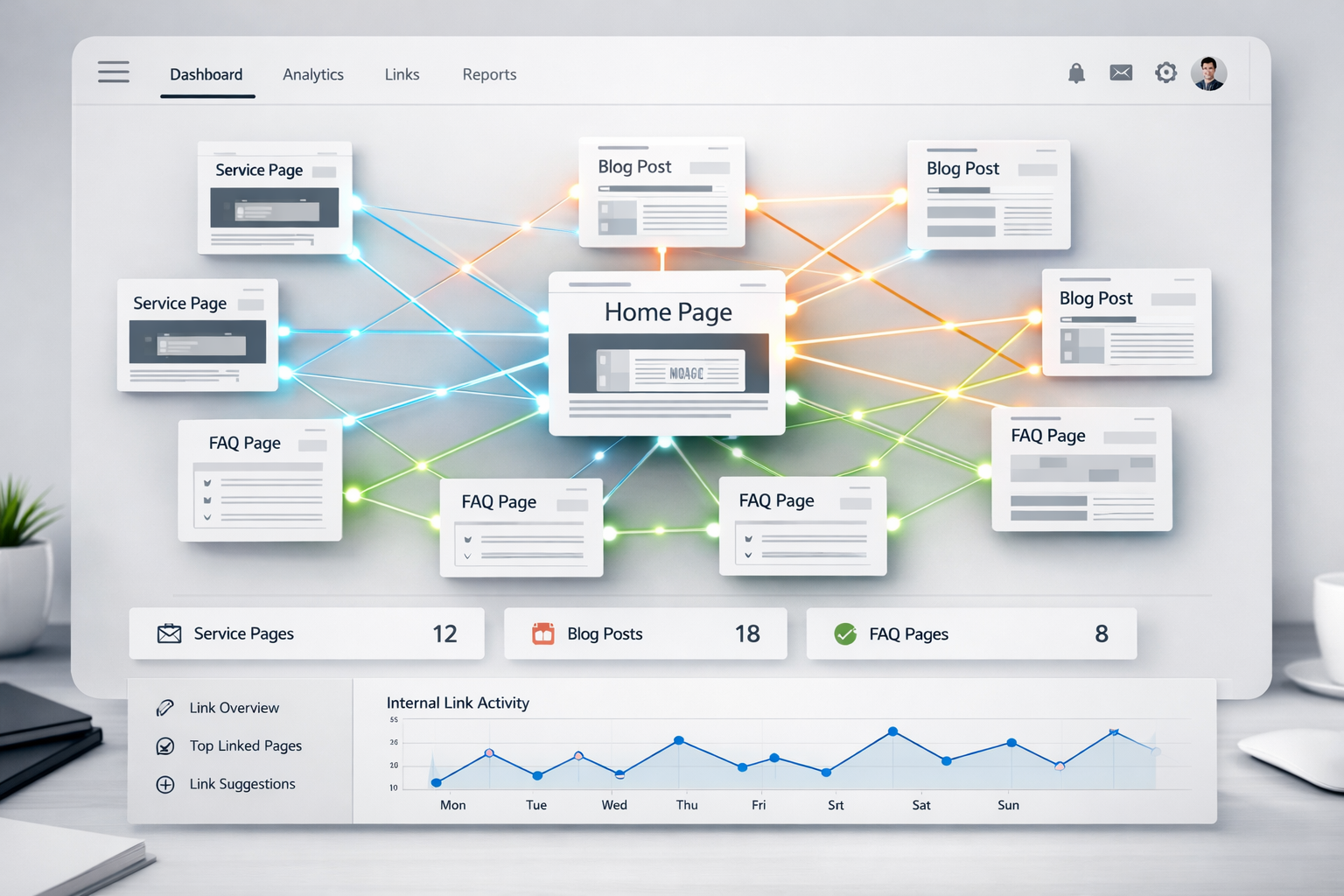How do backlinks influence local SEO rankings?
In the world of local SEO, backlinks are one of the most powerful signals search engines use to determine which businesses deserve to rank higher in search results. Whether you’re a local restaurant, law firm, or service provider, backlinks can make the difference between appearing on page one or getting buried in the competition.
For small and local businesses, understanding how backlinks work — and how to build them strategically — can help boost visibility, attract more qualified leads, and strengthen your brand authority online. In this article, we’ll explore what backlinks are, why they matter for local SEO, and how you can use them effectively to outrank your competitors.
What Are Backlinks and Why Do They Matter?
Backlinks are links from one website to another. In the simplest terms, they act like “votes of confidence.” When another website links to your business site, Google interprets that as a signal that your content or brand is credible and valuable.
But not all backlinks are equal. The quality, relevance, and authority of the linking site are far more important than sheer quantity. A single link from a respected local news outlet or an industry association can be more valuable than dozens of links from low-quality directories.
Search engines use backlinks to measure a website’s trustworthiness and popularity. The more high-quality backlinks you earn, the higher your chances of ranking well for competitive local search terms like “plumber near me” or “best pizza in [city name].”
The Connection Between Backlinks and Local SEO
Local SEO focuses on improving your visibility for location-based searches. Backlinks play a vital role here because they reinforce your relevance within a specific geographic area.
When reputable local sources — such as local newspapers, community blogs, or chambers of commerce — link to your website, they help search engines confirm that your business is both trustworthy and regionally relevant.
Google’s local ranking factors include:
- Relevance: How well your business matches a search query.
- Distance: How close your business is to the searcher.
- Prominence: How well-known or authoritative your business appears online.
Backlinks contribute heavily to “prominence.” The more high-quality, local, and contextually relevant links you earn, the stronger your authority in Google’s eyes.
Quality vs. Quantity: Why the Right Links Matter More
It’s tempting to think that more backlinks automatically lead to better rankings — but in reality, it’s all about quality over quantity.
Google’s algorithm evaluates several key factors when assessing backlinks:
- Authority: Is the linking domain well-trusted and established?
- Relevance: Does the linking site relate to your business or industry?
- Anchor Text: What words are used in the clickable link?
- Diversity: Are links coming from different types of websites (blogs, directories, news outlets)?
A handful of backlinks from credible, high-authority local sites can outperform hundreds of low-quality links from unrelated or spammy sources. Focus on earning links that naturally align with your business and offer real value to users.
How Local Citations Differ from Backlinks
Local citations and backlinks often get confused, but they serve slightly different purposes.
- Citations are mentions of your business name, address, and phone number (NAP) on other websites — even without a link. These often appear in directories like Yelp or Yellow Pages.
- Backlinks, on the other hand, are clickable links that lead back to your website.
Citations help confirm your business’s legitimacy and consistency, while backlinks build authority. Together, they create a powerful one-two punch for improving local SEO visibility.
For example, if your restaurant is listed in multiple local food blogs (citations) and one of those blogs links directly to your menu page (backlink), you’re gaining both credibility and authority in search rankings.
Earning Backlinks Through Local Partnerships
One of the best ways to gain backlinks is through genuine local relationships. Partnering with other local businesses or organizations creates natural linking opportunities that benefit both sides.
Here are a few strategies:
- Sponsor local events: Get featured on event websites and promotional materials.
- Collaborate with charities: Participate in fundraisers or community initiatives that earn press coverage.
- Guest blog for local websites: Offer valuable content that includes a contextual backlink to your site.
- Join local business directories or chambers of commerce: Many of these provide member profile pages with backlinks.
These partnerships help you earn backlinks organically while also strengthening your community presence — something Google values highly for local SEO.
How Content Marketing Supports Local Link Building
Content marketing and backlinks go hand in hand. When you create valuable, shareable content, you naturally attract backlinks from others who find your information useful.
For local businesses, focus on producing content that resonates with your community:
- Local guides (e.g., “Top 10 Restaurants in [City]”)
- How-to blogs related to your services
- Seasonal updates or local news tie-ins
- Case studies showcasing local client success stories
Promoting your content through social media and local online groups can also help it gain traction and attract links from relevant sources. The key is to make your content helpful and authentic — not just promotional.
The Role of Anchor Text in Backlink Value
Anchor text — the clickable words that form a hyperlink — provides context for search engines. It helps Google understand what the linked page is about.
When other sites link to you using anchor text that includes your target keywords or business name, it strengthens the relevance of your page. For instance, a link saying “trusted plumber in Philadelphia” is more valuable than a generic “click here.”
However, over-optimization can backfire. Using too many exact-match keywords in anchor text can appear spammy to Google. Instead, aim for a natural mix:
- Branded anchor text (“GetPhound”)
- Keyword-rich anchor text (“SEO agency in Pennsylvania”)
- Neutral phrases (“learn more,” “this article”)
Balanced and organic anchor text profiles indicate healthy, trustworthy link-building practices.
Avoiding Spammy Link-Building Tactics
Not all backlinks are good backlinks. Some can actually harm your SEO if they come from disreputable sources.
Avoid shortcuts such as:
- Buying links from “link farms” or spammy directories
- Excessive reciprocal linking (trading links back and forth)
- Participating in private blog networks (PBNs)
- Stuffing exact-match keywords into anchor text
Google’s algorithms are smart enough to detect manipulative link schemes. If you engage in these practices, you risk penalties that can tank your rankings.
Instead, focus on ethical, long-term strategies — creating great content, networking with local partners, and earning links that naturally make sense.
Measuring the Impact of Backlinks on Local Rankings
Backlinks are a long-term investment, and their impact isn’t always immediate. However, tracking your progress helps you measure success and refine your approach.
Use tools like:
- Google Search Console: Check who’s linking to you and which pages get the most links.
- Ahrefs or SEMrush: Analyze backlink profiles, domain authority, and link growth over time.
- Google Analytics: Monitor referral traffic from linked sites to see which backlinks are driving results.
Watch for gradual improvements in keyword rankings, website authority, and organic traffic. If you notice consistent upward movement, your backlink strategy is likely working.
The Future of Backlinks in Local SEO
While backlinks remain a cornerstone of SEO, Google’s algorithms continue to evolve. The focus is shifting from sheer link volume to authentic relationships, topical relevance, and user trust signals.
Artificial Intelligence and machine learning are also helping Google better assess link quality. This means that earning backlinks through genuine, valuable content and community engagement will continue to be the winning approach.
As digital ecosystems become more competitive, businesses that prioritize building real connections and offering valuable local insight will stand out — not just in search results, but in customer trust as well.
Bringing It All Together
Backlinks remain one of the strongest factors influencing local SEO rankings. They act as digital endorsements, signaling to Google that your business is credible, relevant, and worth ranking higher.
By focusing on quality over quantity, building genuine local partnerships, producing shareable content, and avoiding spammy link schemes, you can steadily improve your local search presence.
For small businesses looking to strengthen their online visibility, backlinks are not just an SEO tactic — they’re a cornerstone of long-term authority and reputation building.
If you’re ready to start developing a backlink strategy that drives real local results,
GetPhound can help. With expertise in SEO, content marketing, and digital strategy, we help local businesses like yours climb higher in search results — one smart link at a time.


